
A Time-Traveling Adventure Through Significant Historical Events
Introduction to Time Travel
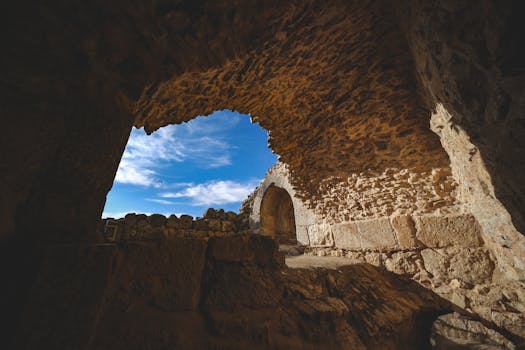
Time travel, a concept that has fascinated humans for centuries, is the ability to move through time, visiting the past or the future. In this article, we will embark on a time-traveling adventure, exploring significant historical events that have shaped the world we live in today. From ancient civilizations to modern times, we will delve into the most pivotal moments in history, examining their causes, consequences, and impact on the world.
Section 1: Ancient Civilizations (3000 BCE – 500 CE)
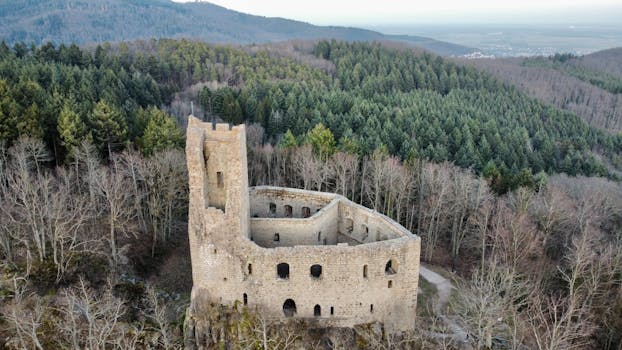
Our time-traveling journey begins in ancient Mesopotamia, where we will witness the birth of civilization. We will visit the pyramids of Egypt, the Hanging Gardens of Babylon, and the Colosseum of Rome, exploring the cultures, traditions, and achievements of these ancient societies. We will also examine the significant events that shaped the ancient world, including the rise and fall of empires, the development of writing and governance, and the impact of natural disasters and diseases.
Some of the key historical events we will explore in this section include the construction of the Great Pyramid of Giza, the Battle of Gaugamela, and the reign of Emperor Augustus. We will also discuss the contributions of ancient philosophers, such as Socrates, Plato, and Aristotle, and the impact of their ideas on Western philosophy.
Section 2: Medieval and Early Modern Periods (500 – 1800 CE)
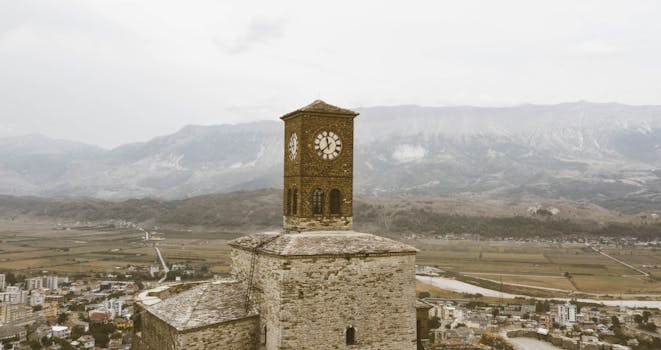
As we continue our time-traveling journey, we will enter the Middle Ages, a period marked by the rise of Christianity, the Crusades, and the Black Death. We will visit the courts of medieval Europe, where we will witness the struggles for power and the emergence of nation-states. We will also explore the Renaissance, a cultural and intellectual movement that transformed art, literature, and science.
In this section, we will examine significant events such as the Battle of Hastings, the signing of the Magna Carta, and the discovery of the New World. We will also discuss the impact of the Protestant Reformation, the Enlightenment, and the Scientific Revolution on Western society and culture.
Section 3: Modern and Contemporary Periods (1800 – 2000 CE)
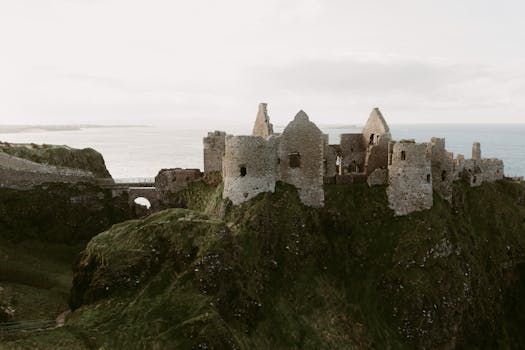
Our time-traveling adventure will next take us to the modern era, where we will witness the Industrial Revolution, the rise of nationalism, and the devastating wars of the 20th century. We will visit the battlefields of World War I and II, and examine the impact of these conflicts on the world. We will also explore the Cold War, the Civil Rights Movement, and the emergence of globalization.
In this section, we will discuss significant events such as the Battle of Waterloo, the Russian Revolution, and the Apollo 11 moon landing. We will also examine the contributions of modern thinkers, such as Karl Marx, Friedrich Nietzsche, and Martin Heidegger, and the impact of their ideas on contemporary society.
Section 4: Conclusion and Reflection
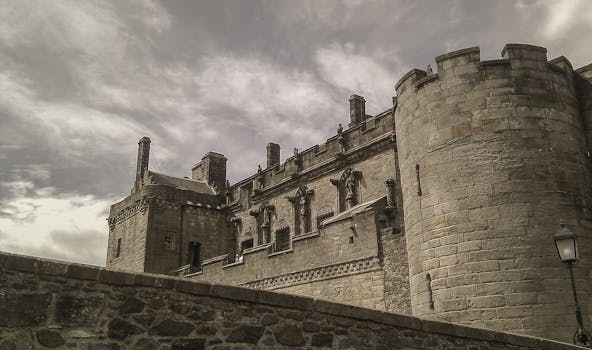
As we conclude our time-traveling adventure, we will reflect on the significance of the historical events we have explored. We will discuss the lessons we can learn from the past, the challenges we face in the present, and the possibilities that lie ahead. We will also examine the role of time travel in shaping our understanding of history and our place in the world.
In conclusion, our time-traveling journey through significant historical events has taken us on a thrilling adventure through time, exploring the most pivotal moments in human history. From ancient civilizations to modern times, we have witnessed the rise and fall of empires, the development of new ideas and technologies, and the impact of human actions on the world. As we return to the present, we are left with a deeper understanding of the complexities and challenges of human history, and a renewed appreciation for the importance of learning from the past.




